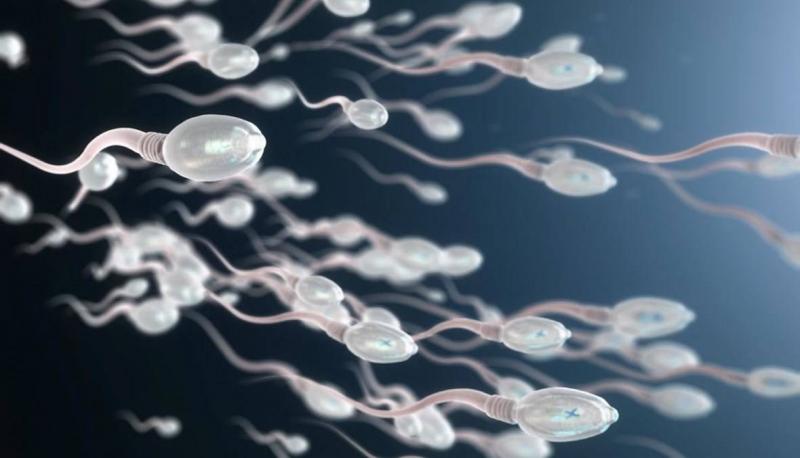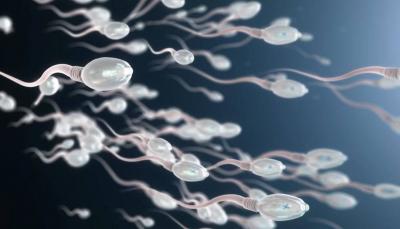A new study has shown a close relationship between exposure to chemical pesticides and the decrease in sperm density in semen, as reported by Santemagazine. How do chemical pesticides affect sperm? Understanding the relationship between sperm count and exposure to chemical pesticides is an essential issue that cannot be ignored, especially at a time when a decline in sperm count has been recorded, as demonstrated by studies conducted in recent years. Chemical pesticides are prevalent in our lives and environment, and it is crucial to investigate their impact on this vital aspect of life and on fertility, as it is a matter that cannot be taken lightly. Currently, chemical pesticides represent a public health concern, particularly for men. They are frequently exposed to them, primarily through the consumption of contaminated food and water.
This new study is considered the most comprehensive to date among various studies conducted in this field, as it presents a complete and integrated research effort. It covered 25 years of research on male fertility and sexual health. The findings call for serious measures in this area to reduce rates of exposure to chemical pesticides. The study examined data showing the effects of exposure to two commonly used types of pesticides. It revealed a strong link between exposure to them and a decrease in sperm concentration in semen.
Based on this finding, it was possible to explore the trend of declining sperm quality in recent years, a reality addressed by numerous studies that have indeed confirmed this issue. Furthermore, additional studies are expected to confirm this relationship between exposure to chemical pesticides and the recent decline in sperm quality.




